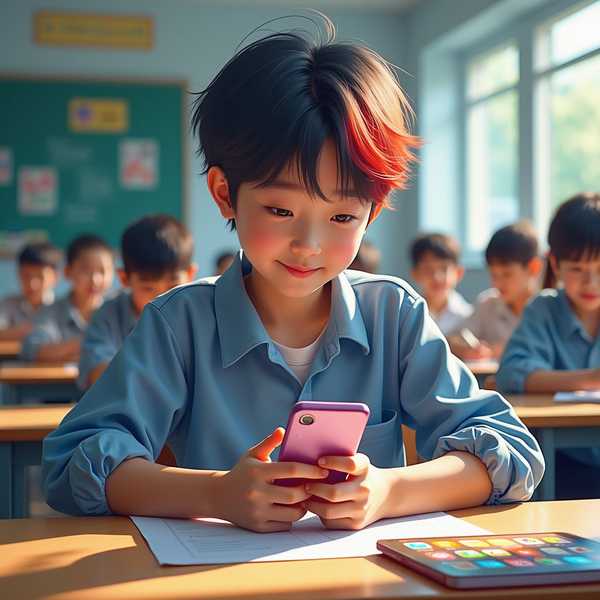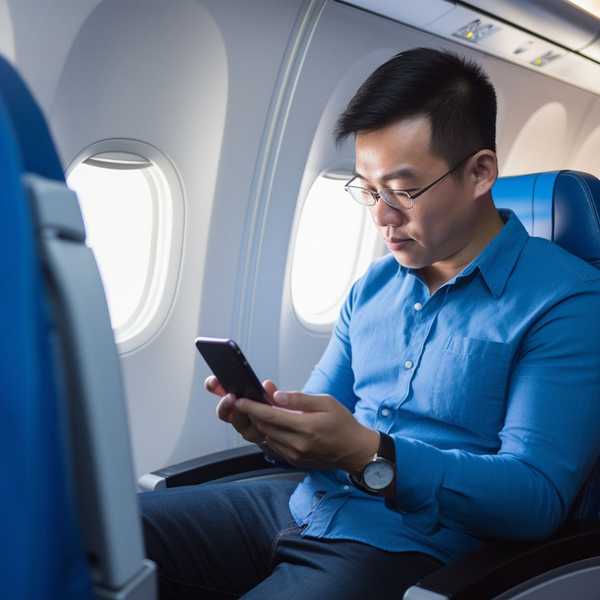“玩手机”在英语中不能直译为“play the phone”,这是中文思维常见的误区。地道的表达需根据具体场景选择,比如“be on one’s phone”表示泛泛地使用手机,“scroll through”强调滑动浏览,而“be glued to”则形容沉迷状态。以下是详细解析:
1. 基础表达:如何描述“使用手机”

最通用的说法是“be on one’s phone”,涵盖打电话、刷社交软件等多种场景。例如:“She is always on her phone during meetings.”(她开会时总在玩手机)。若强调“花费时间”,可用“spend time on one’s phone”,如年轻人常被批评“spend too much time on their phones”。“use one’s phone”更中性,适合正式场合,比如用手机导航:“He uses his phone to check maps.”。
2. 动作细分:刷、看、查的区别

中文的“刷手机”对应“scroll through”,专指上下滑动浏览内容,比如“scroll through Instagram”(刷Ins)。短暂查看消息则用“check one’s phone”:“Don’t check your phone while eating.”(吃饭时别总看手机)。如果是无目的乱划,可以说“fiddle with one’s phone”,带有“摆弄”的意味。
3. 沉迷状态:如何形容“离不开手机”
若想表达沉迷,“be glued to one’s phone”最形象,字面意思是“像被胶水粘住”:“Teenagers are glued to their phones all day.”(青少年整天盯着手机)。更严重的成瘾可用“be addicted to”或“be obsessed with”,如“He’s addicted to mobile games.”(他对手机游戏上瘾)。类似表达还有“immerse oneself in”,强调沉浸感:“She immerses herself in TikTok videos.”(她沉浸在抖音里)。
4. 常见误区:为什么不能用“play”?
英文中“play”通常搭配游戏、乐器或运动(如play basketball),直接说“play the phone”会误解为“把手机当球玩”。若非要使用,需加介词“play on one’s phone”,但仅限玩手机游戏:“Stop playing on your phone!”(别玩手机游戏了!)。而“play with one’s phone”暗示像孩子摆弄玩具,可能引发歧义。
5. 文化延伸:“低头族”与网络用语
英语中“低头族”叫“phubber”,源自“phone + snub”(冷落他人),但需注意这是营销生造词,实际使用频率低。更自然的说法是“people who can’t put their phones down”(放不下手机的人)。“doom scrolling”(阴暗刷屏)形容焦虑性浏览,也是现代手机文化的典型现象。




